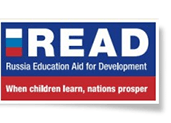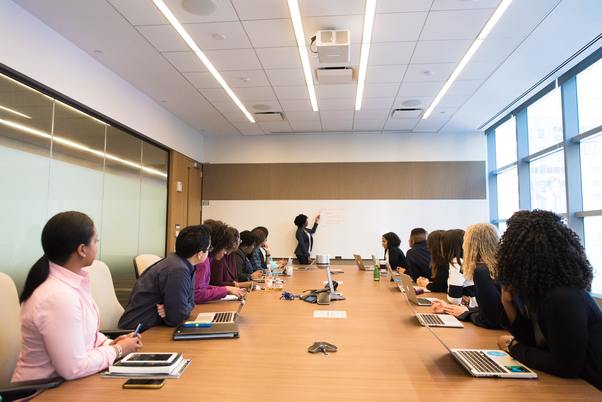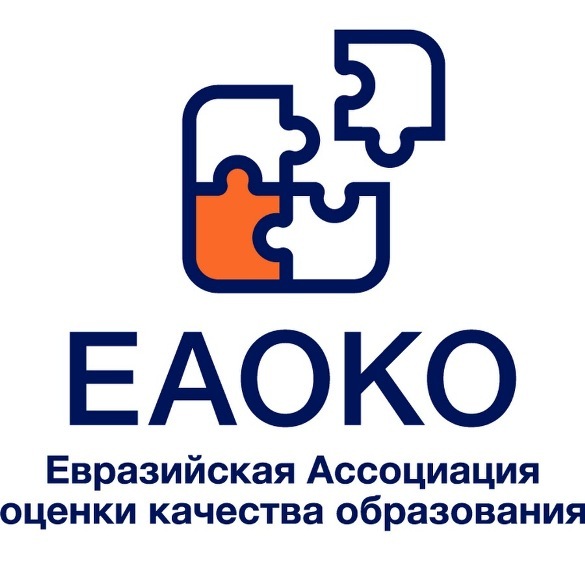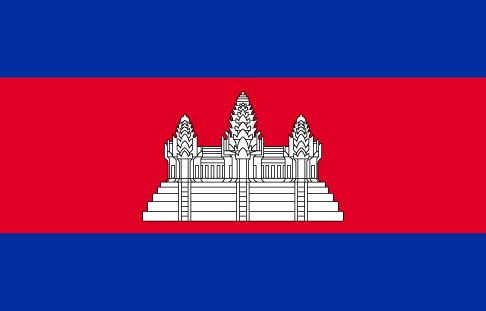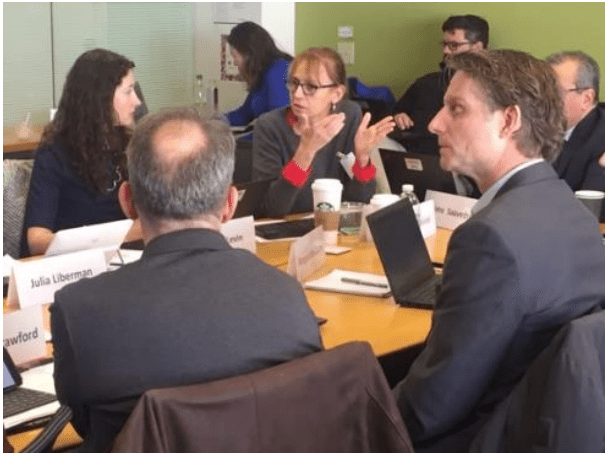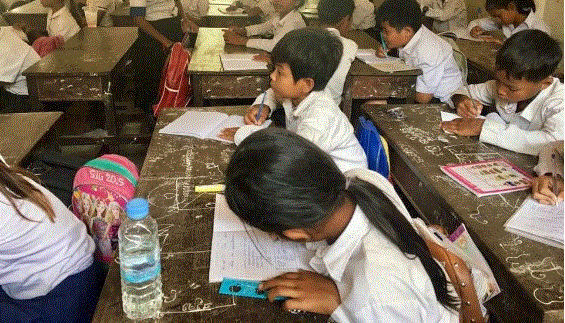Educational community keeps working beyond the READ Program
One of the main objectives of the READ Program is to develop regional and transnational cooperation and partnerships between specialists and experts in the field of education assessment. READ has fostered such partnerships through joint projects, training, educational events, and grant programs. Countless joint discussions and exchanges of views organized within the Program lead to…
